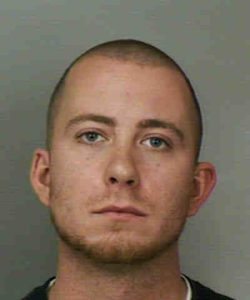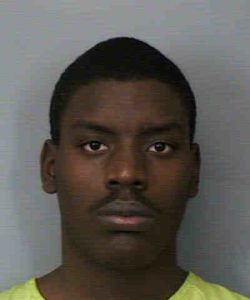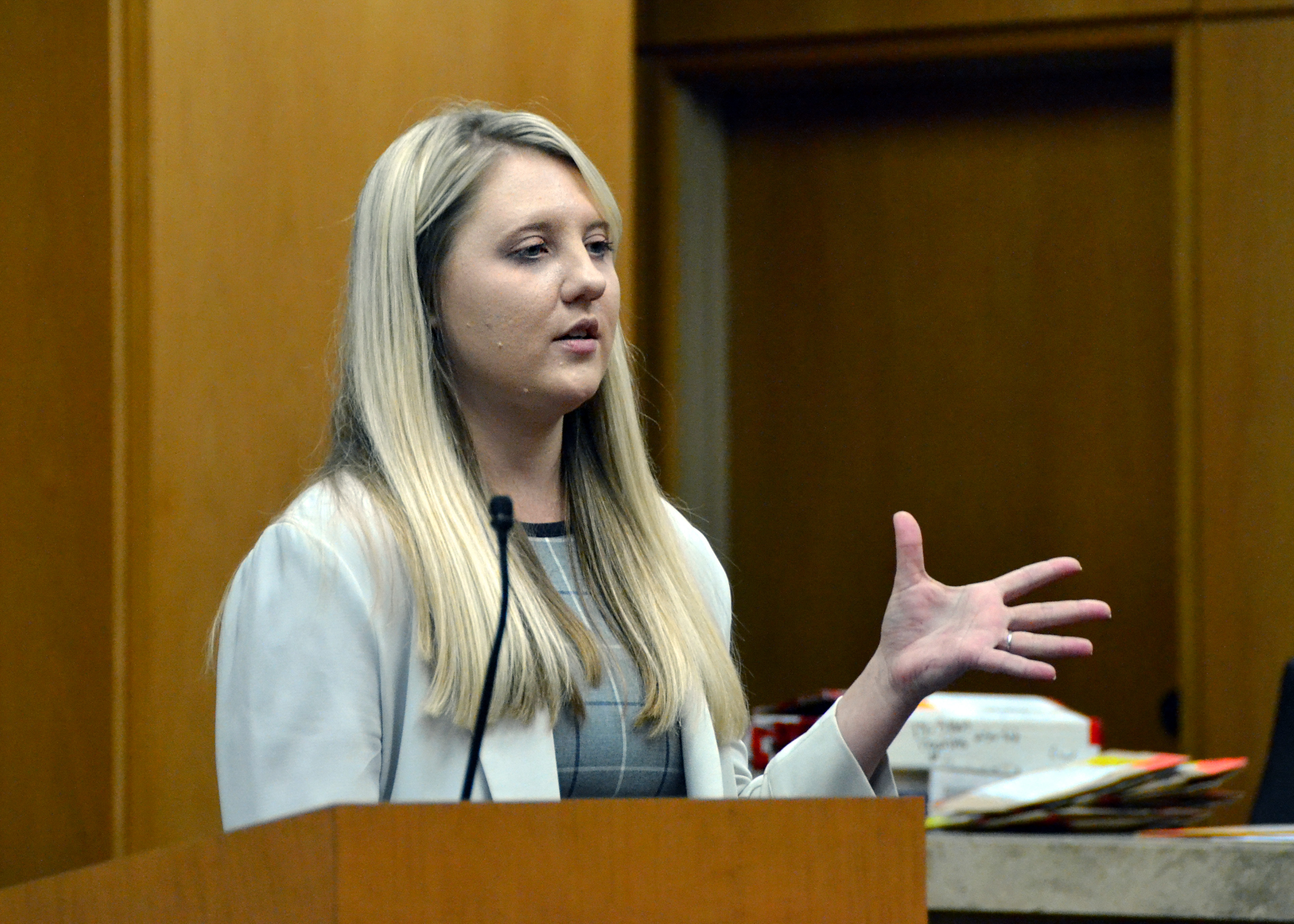JURY VERDICT: Lakeland man who killed construction worker guilty of vehicular homicide
Nearly four years later, Martin Kelly still struggles to talk about the night Shelby Shull was killed by an intoxicated driver.

Dustin Halstead, 24, of Lakeland.
Kelly was contracted to finish construction work on South Florida Avenue in Lakeland, and Shull was there to make sure he stayed safe as the work was completed in the early hours of the morning on July 23, 2014. Shull was pulling up cones so the two could move to another work site down the road when he was struck and killed by Dustin Halstead, who was driving home after drinking at three different bars.
“Shelby was there to watch my back, and he died doing it,” Kelly said, fighting back tears while on the witness stand.
At the end of a week-long trial, jurors convicted Halstead Jan. 12 of vehicular homicide and leaving the scene of a crash involving death. Halstead is facing 45 years in prison and will be sentenced on March 1.
Assistant State Attorney Jennifer Swenson walked jurors through the events that led to the fatal crash.
Halstead went to three different Lakeland bars, consuming a couple of drinks at each location – he closed his last tab at 1:45 a.m.
As Halstead’s vehicle approached the construction zone, his vehicle drifted to the left. He struck several construction barrels before hitting Shull just after 2 a.m.
Kelly heard the collision and ran over to see a dark, boxy vehicle driving away from where Shull’s body was laying in the roadway. Halstead did not stop.
Halstead’s girlfriend, Kelly Harrigan, was in the vehicle with him at the time of the crash. She was looking at her phone when she felt the impact and did not see construction barrels or a human.
After reading an article about how someone died on South Florida Avenue, Harrigan sent it to Halstead – he told her not to tell anyone.
But Harrigan had already mentioned it to her roommate, who called the Lakeland Police Department. When police contacted Harrigan, she confirmed Halstead was driving that night and told officers where he could be found.
Police found dents and blood spatter on the hood of Halstead’s vehicle. The Florida Department of Law Enforcement confirmed the DNA matched that of Shelby Shull.
Halstead told detectives that he remembered hitting traffic barrels but didn’t stop because he didn’t think that was a crime.
“There’s no way you don’t know you hit a person,” Swenson said, adding that the DNA proves Shull’s body was on top of the hood, which was directly in Halstead’s line of sight.
But the defense argued the DNA was transferred from a construction barrel – that Halstead drove by after Shull had been hit by another car. When Halstead ran into the barrels, they claimed, the DNA ended up on his hood.
Swenson reminded jurors there was testimony showing the barrels only weigh 30 pounds, and the denting on Halstead’s car was more consistent with a 200 pound victim. There was also a smear on hood, which could only have come from hitting Shull.
She also told them it was impossible for another car to have come through before Halstead without running over Shull, as his body was left in the middle of the roadway. And Shull’s injuries only showed signs of being struck.
“He was not run over,” Swenson said.









